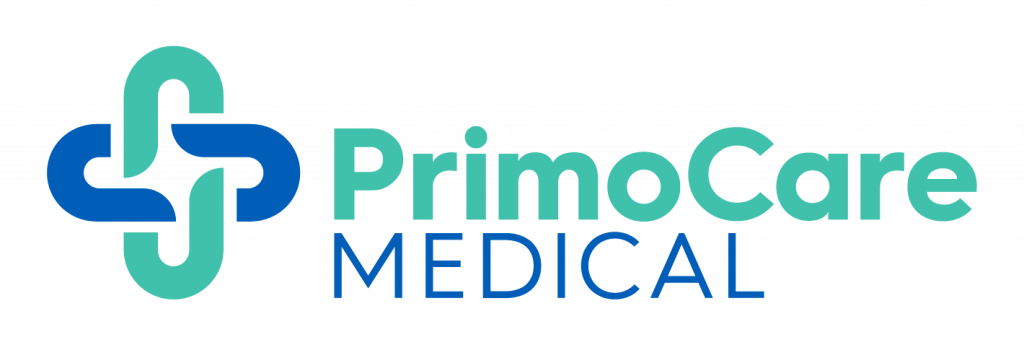/ บทความ / Why Routine Screening for Chronic Diseases is Critical for Early Detection and Prevention?

Chronic diseases, such as heart disease, diabetes, and cancer, are among the leading causes of death worldwide. The good news is that many chronic diseases can be effectively managed or even prevented with early detection. Routine screening plays a crucial role in identifying risk factors and detecting diseases in their early stages when treatment is most effective. Let’s delve into the importance of routine screening for chronic diseases and how it can significantly impact our health outcomes.
Early Detection Saves Lives: Routine screening tests are designed to identify potential health issues before symptoms manifest. Through early detection, treatment interventions can be initiated promptly, leading to improved health outcomes and increased chances of successful treatment. Regular screenings have been shown to reduce mortality rates for various chronic conditions, including breast, colorectal, and cervical cancer.
Identifying Risk Factors: Routine screenings help identify risk factors associated with chronic diseases. These risk factors include high blood pressure, elevated cholesterol levels, obesity, and family history of certain conditions. Healthcare providers can work with individuals to develop personalized strategies for disease prevention and management by identifying these risk factors. Lifestyle modifications, such as adopting a healthier diet, regular exercise, and smoking cessation, can be recommended based on screening results.
Prevention through Early Intervention: Routine screenings not only detect existing diseases but also serve as preventive measures. For example, regular blood pressure checks can detect hypertension, allowing for early intervention through medication, lifestyle changes, or a combination of both. Similarly, blood tests can detect high cholesterol levels, prompting interventions such as dietary modifications and medication to prevent cardiovascular diseases.
Cost-Effectiveness: Routine screenings are also cost-effective in the long run. Early detection and intervention help prevent the progression of chronic diseases, reducing the need for expensive and invasive treatments in the later stages. By investing in routine screenings, individuals and healthcare systems can potentially save substantial costs associated with managing advanced chronic conditions.
Empowering Individuals: Routine screenings empower individuals to take control of their health. Through proactive and regular screening participation, individuals gain knowledge about their health status, understand their risk factors, and become better equipped to make informed decisions regarding their lifestyle choices and healthcare. Early detection and prevention foster a sense of empowerment, enabling individuals to actively manage their well-being.
Routine screening for chronic diseases is a critical component of preventive healthcare. By identifying risk factors, detecting diseases early, and promoting timely interventions, routine screenings play a pivotal role in reducing mortality rates and improving health outcomes. Embracing regular screenings empowers individuals to take charge of their health and make informed decisions to prevent and manage chronic diseases effectively. To discuss and plan for the best screening for you, visit PrimoCare Medical Clinic and get professional advice from our professionals. We are ready to take care of your optimal health. You can inquire or make an appointment in advance here.
References:


